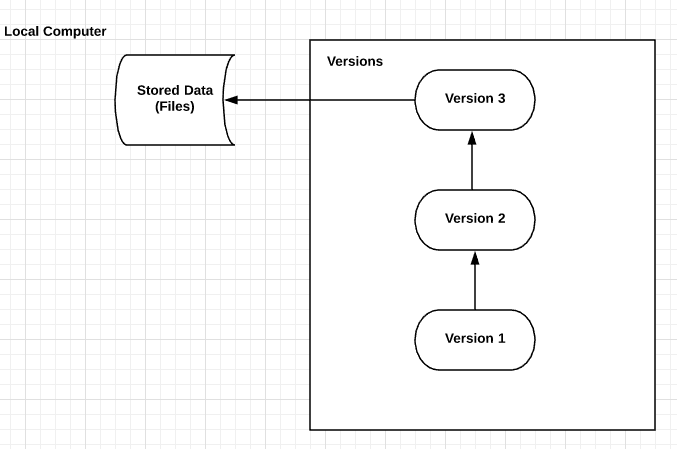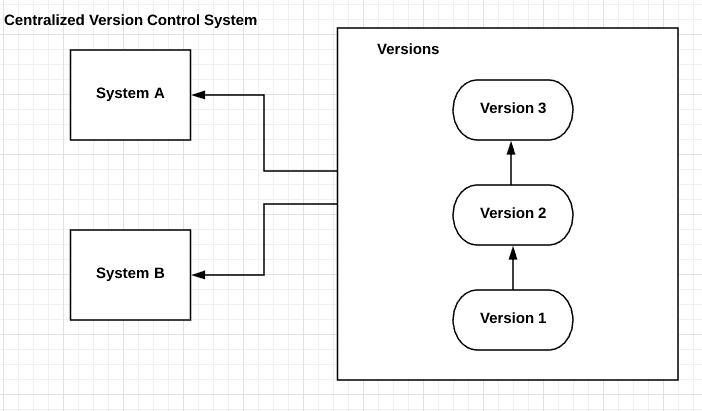What is version control?
Version Control Systems are process management systems which maintain changes recorded in a file or set of files over period of time. Each change is maintained as a version. Users can track specific versions later. The various types of the version control systems are:
1. Local Version Control System


Version Control Systems are process management systems which maintain changes recorded in a file or set of files over period of time. Each change is maintained as a version. Users can track specific versions later. The various types of the version control systems are:
1. Local Version Control System

Local version control system maintains track of files within the local system. This approach is very common and simple. This type is also error prone which means the chances of accidentally writing to the wrong file is higher.
2. Centralized Version Control System

In this approach, all the changes in the files are tracked under the centralized server. The centralized server includes all the information of versioned files, and list of clients that check out files from that central place.
Example: Tortoise SVN
Example: Tortoise SVN
Distributed version control systems come into picture to overcome the drawback of centralized version control system. The clients completely clone the repository including its full history. If any server dies, any of the client repositories can be copied on to the server which help restore the server.
Every clone is considered as a full backup of all the data.
Example: Git
Example: Git

Comments
Post a Comment